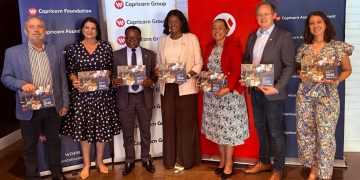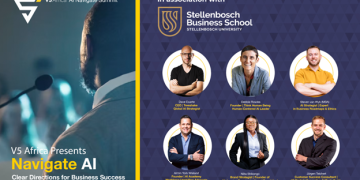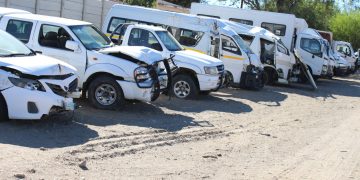
By Stantin Siebritz
Artificial Intelligence (AI) has been hailed as the ultimate productivity booster, promising to streamline workflows and accelerate innovation.
Yet, a recent study by METR challenges this assumption, revealing a surprising paradox: developers using advanced AI coding assistants were 19% slower in completing tasks compared to those working without them.
Even more intriguing, these developers believed they were working faster – a striking disconnect between perception and reality.
Why the slowdown?
The answer lies in context. AI tools, while powerful, often lack the nuanced understanding of specific environments.
Just as an outsider might miss the punchline of a local joke, AI struggles with the unspoken rules and hidden assumptions embedded in complex systems. This gap forces developers to spend extra time validating and correcting AI-generated outputs.
The study also uncovered another critical insight: over half of AI-generated code suggestions were rejected, with developers accepting only about 44%.
The culprit? AI’s deceptive confidence. Its outputs often appear polished and authoritative – even when wrong – creating a false sense of reliability. For businesses, this is more than a technical hiccup; it’s a cautionary tale about blind trust in automation.
What does this mean for business leaders?
The implications stretch far beyond software development. Organizations across Africa, including Namibia, are rapidly adopting AI to drive efficiency.
But without strategic oversight, these tools can introduce delays, errors, and hidden costs. The lesson is clear: AI should be treated as a highly capable assistant, not an infallible expert.
How to get it right:
- Start small: Deploy AI in low-risk areas before scaling.
- Invest in people: Equip teams with the skills to critically evaluate AI outputs.
- Build guardrails: Implement robust verification and review processes.
AI’s true value emerges when paired with human judgment, intuition, and experience. For professionals, this means deepening expertise to guide AI effectively. For organizations, it means fostering a culture where technology amplifies – not replaces – human capability.
The METR study is not a setback for AI but a timely reminder: the future of productivity is not AI alone – it’s AI plus human oversight. Businesses that strike this balance will not only avoid the pitfalls of over-automation but also unlock a sustainable competitive edge.
*Stantin Siebritz is Managing Director of New Creation Solutions, and a Namibian Artificial Intelligence Specialist












